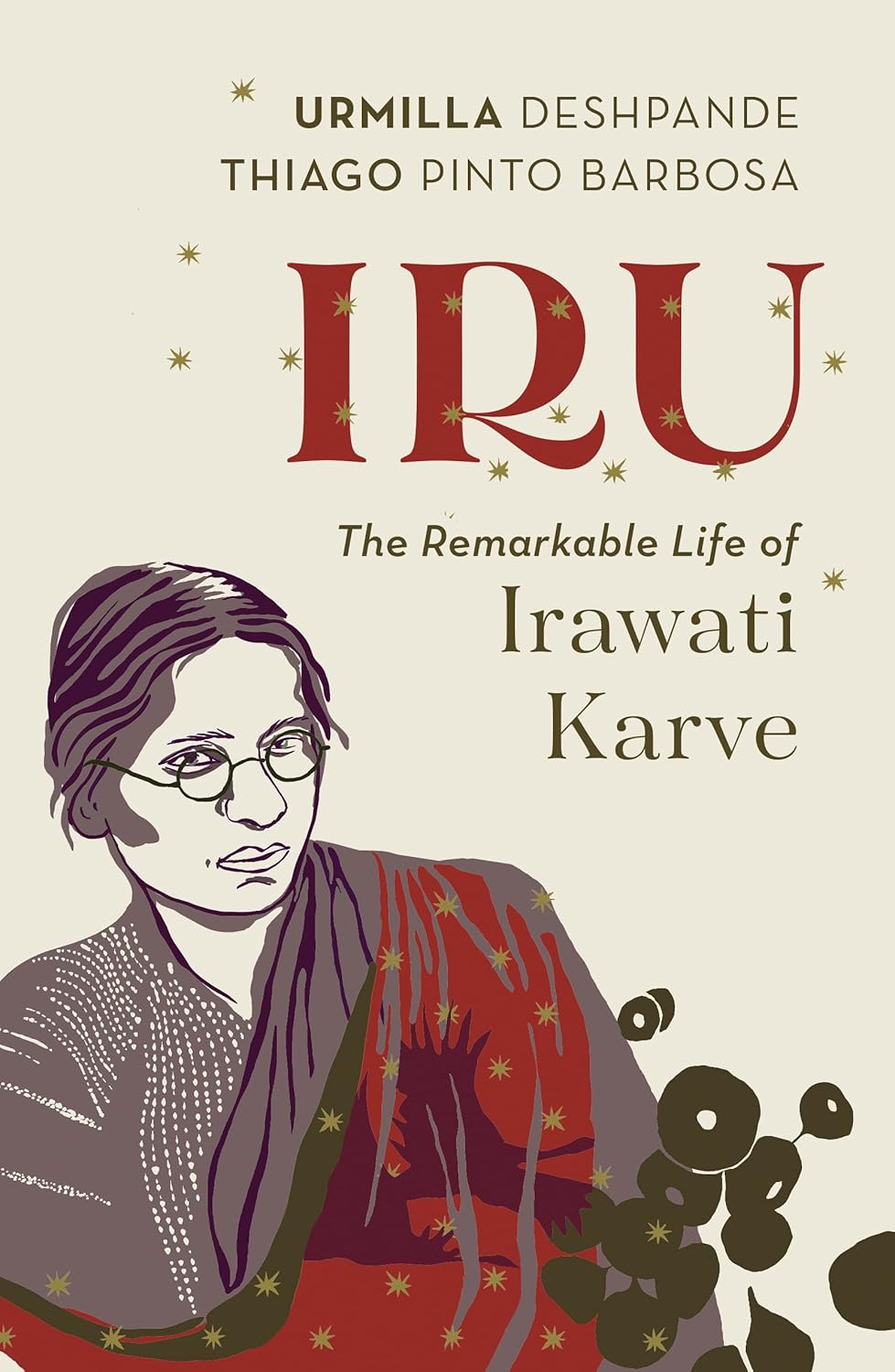IRU - THE REMARKABLE LIFE OF IRAWATI KARVE
IRU - THE REMARKABLE LIFE OF IRAWATI KARVE
Couldn't load pickup availability
In 1927, when Irawati Karve, aged twenty-two, arrived in Berlin to do her doctoral studies at the Friedrich Wilhelm University, she was faced with a dilemma. As a woman of colour, the subject of her thesis was to prove her supervisor Dr Eugen Fischer’s theory of the superiority of the European race over people of colour, based on the measurement of their skulls. After examining 149 ‘white’ skulls from Germany and ‘non-white’ skulls from German colonies in East Africa, Irawati came to the opposite conclusion: the shape of the human skull did not prove racial superiority. Fischer’s theory was later discredited, but at the time, it took courage to present the paper to him and it nearly cost Irawati her PhD.
Courage and a pioneering spirit continued to be her hallmarks on her return to India. At a time when such field trips were difficult if not dangerous, she travelled to the Adivasi areas in Coorg, Western Maharashtra, Assam, Kerala and Bihar. Her research resulted in two seminal works, Kinship Organisation in India and Hindu Society.
In 1968, she won the Sahitya Akademi Award for her book of essays on the Mahabharata, Yuganta. Irawati’s belief that the Mahabharata was not just an epic, but a historical record, earned her some criticism from her peers at the time, but Yuganta remains a classic to this day.
Share

